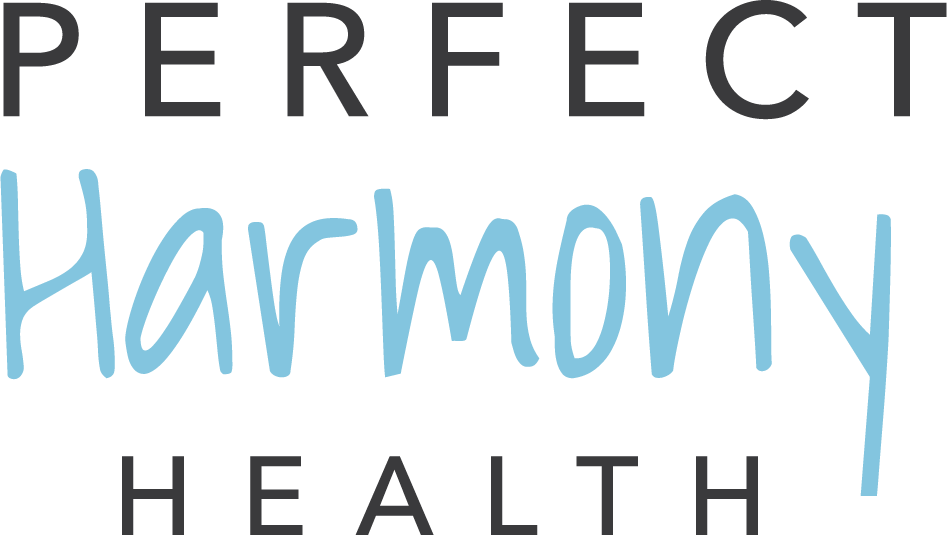Down Syndrome Awareness Month
Happy Down Syndrome Awareness Month! Did you know that there are many ways music therapy can benefit individuals with Down syndrome? Let’s talk about them.
Speech:
Music therapy can impact many areas of speech such as articulation, breath support, and rate of speech, all of which are common areas of need for individuals with Down syndrome. Music therapists may use vocal exercises to prompt the oral motor movements required to articulate various sounds. We may also use rhythm to prompt speech and work on improving our client’s rate of speech. Last but certainly not least, we love singing with our folk’s with Down syndrome to practice all of those skills at once!
Motor:
Music therapy can address both gross and fine motor skills. Gross motor skills might look like improving balance, motor coordination, or walking. Fine motor skills may include digit isolation and grasping. For example, we use the piano to work on digit isolation and motor coordination, or drums to work on gross motor coordination.
Cognitive:
People with Down Syndrome may have varying levels of learning disabilities which vary from person to person. In music therapy, we can work on whatever the individual’s needs are. Whether that is working on memory and attention skills by playing and learning instruments, or working on academic skills like color identification, music therapists are equipped to address all of these areas! This can look like using songs as a way to learn and memorize information, or using different aspects of music to work on the different areas of attention and executive functioning skills.
Social:
Individuals with Down syndrome may have various needs regarding social skills. Music therapy might work on skills such as turn taking with younger clients or appropriate greetings with clients of all ages. Music therapy can also provide clients with leadership opportunities and ways to work with others in group settings
To wrap up, I’d like to share a success story! Client “L”, who has Down syndrome, has been receiving services from Perfect Harmony Health for a long time now. In music therapy she works on many different things, but the main goals she has are speech goals, specifically articulation, rate of speech, and breath support. Over time, through vocal exercises, L has greatly improved in these areas. Vocal exercises with L might include, but are not limited to, singing “Mama made me mash my m&ms” to focus on rate of speech, breathing exercises to improve her breath support, or singing sounds such as “loo lee loo lee loo” to work on consonant and vowel articulation. L then practices combining all of these skills by singing songs. L has grown in confidence and ability, to the point where she has performed at events such as Amp It Up and had great success!
Check out her performance on YouTube!
I hope this brief overview of music therapy with Down syndrome has shown you some of the many areas music therapy can address with these individuals. Perfect Harmony Health has many clients with Down syndrome, in addition to partnering with and providing services at Gigi’s Playhouse in Atlanta, which is a non-profit organization dedicated to providing a variety of free services to individuals with Down syndrome. This year for Down Syndrome Awareness Month let’s celebrate our friends with Down syndrome! We can advocate for high quality care for them, for acceptance in our community, and for more opportunities for our friends to show how incredible they are within our community!
Resources:
Gigi’s Playhouse
National Down Syndrome Society
(800) 221-4602, www.ndss.org
(music therapy is listed under “Down’s Syndrome and the Arts”) http://www.ndss.org/content.cfmfuseaction=InfoRes.SchEduarticle&article=719
American Music Therapy Association (AMTA)
Research:
Hoskins, C. (1988). Use of music to increase verbal response and improve expressive language abilities of preschool language delayed children. Journal of Music Therapy, 25(2), 73-84.
Wallace, W.T. 1994. Memory for music: effect of melody on recall of text. Journal of Experimental Psychology: Learning, Memory & Cognition, 20, 1471-85.





